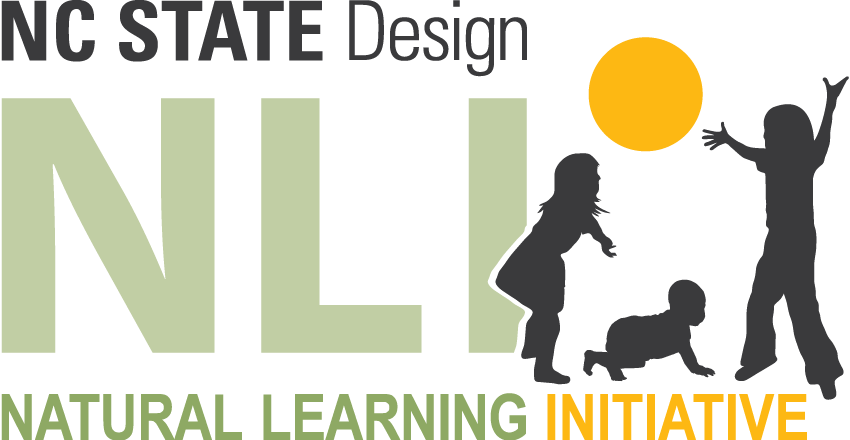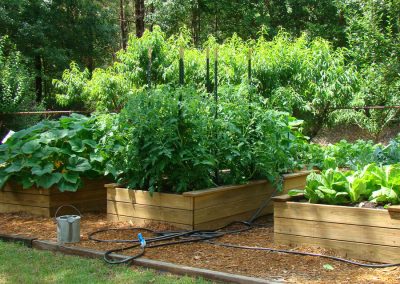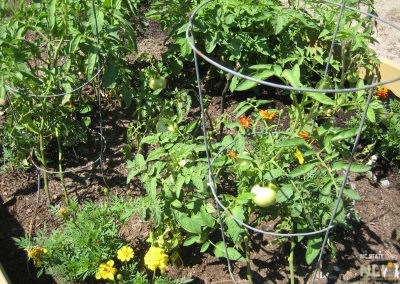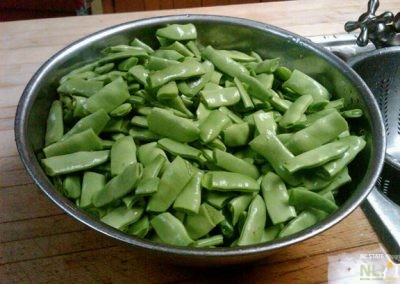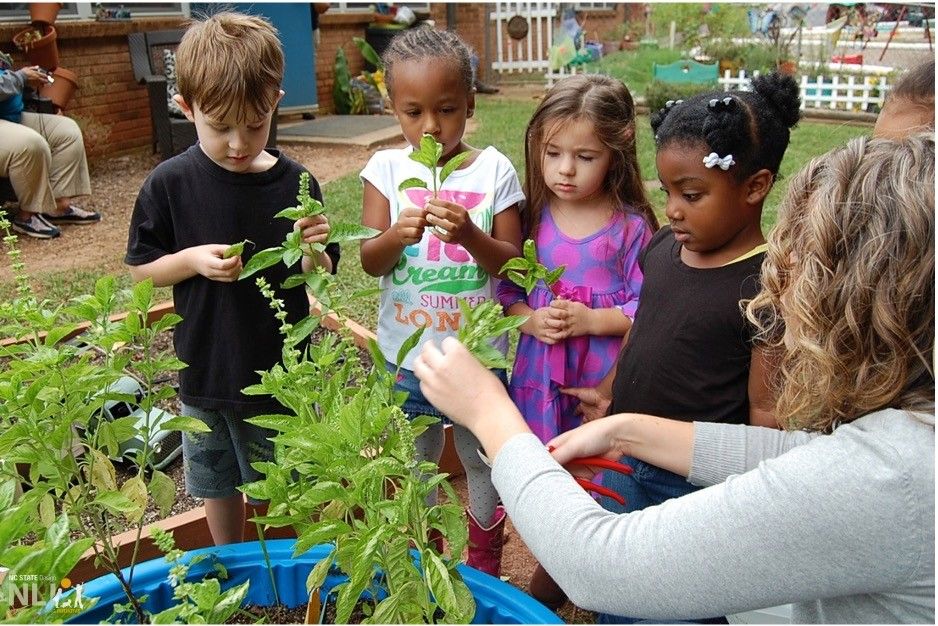The Green Desk
Farm to Preschool
What is the Farm to Preschool program?
Farm to Preschool is an expansion of the national farm to school model that started with school gardening and connecting farms and schools. Farm to Preschool encompasses any prekindergarten program that serves young children and highlights local food education and/or purchasing, and supports the full spectrum of childcare delivery: preschools, Head Start, center-based, programs in K-12 school districts, nurseries and family home care facilities.
Although still evolving, Farm to Preschool aims to influence the eating habits of young children while their preferences are forming by improving healthy food access at home and within the community. Major goals presented on the Farm to Preschool website include: “Introducing healthier snack and meals at preschools with locally-grown fruits and vegetables from farmers, farmers markets, and school gardens;” and “Providing age-appropriate and culturally appropriate nutrition curricula for preschoolers and their parents.” The ultimate goal is “influencing policies to address the childhood obesity epidemic through a local food lens.” Farm to Preschool emphasizes “an environmental and systems change approach by serving preschoolers, teachers and child care providers, parents and family members, as well as communities.”
In North Carolina, Growing Minds, a program of the Appalachian Sustainable Agriculture Program (ASAP), started in a Head Start classroom in Henderson, NC, and is now part of the national Farm to Preschool movement. Growing Minds offers many resources for educators to connect children and families to local farms including lesson plans and activities, children’s literature, and food recipes for the classroom and home.
